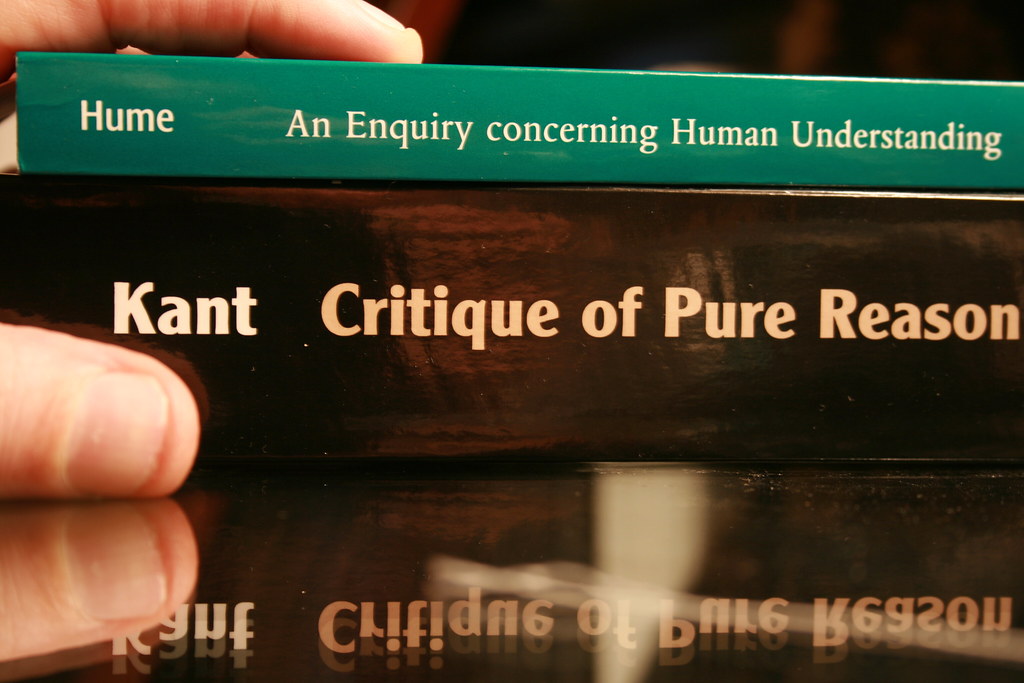
It is with my great pleasure that I post the abstract of my second paper in an international journal of intelligence (RISW). I am particularly proud of this piece of research, which is the first attempt toward a social epistemological theory of intelligence as a state institution. In addition, this paper is based on my Ph.D. thesis (second Chapter – social epistemology of organization and institution). Did you always believe, as I believed that Ph.D. thesis are not always useful? You are not alone, but sometimes it turns to be useful! And, hopefully, this is just the beginning of a long series of works on intelligence and epistemology. Some of you still remember (dont’ you?) my recent paper “Epistemology and intelligence – Some philosophical problems to be solved“, proudly published in the International Journal of Security, Intelligence and Public Affairs. However, I am working on an ambitious set of papers on my topics in prominent journals! Then, stay in tuned with me and my research and don’t esitate to contact me if you would like to read my works!
Abstract
Intelligence is about speaking the truth to the policy-maker. However, this truth is not simply the result of an intellectual inquiring on something which is not in the eyes of the beholder. Intelligence is a social enterprise performed by a collective agent, namely the intelligence agency. Then, intelligence strives for the truth although this endeavor is a very difficult achievement indeed, so much so that intelligence is grounded on performing an entire intelligence cycle completed by an entire institution. Social epistemology is a new branch of analytic philosophy and it inquires the nature of social knowledge and collective agents. This paper considers the role of social knowledge inside intelligence as an institution of the state and it tries to address some fundamental questions related to the social epistemological nature of intelligence.





